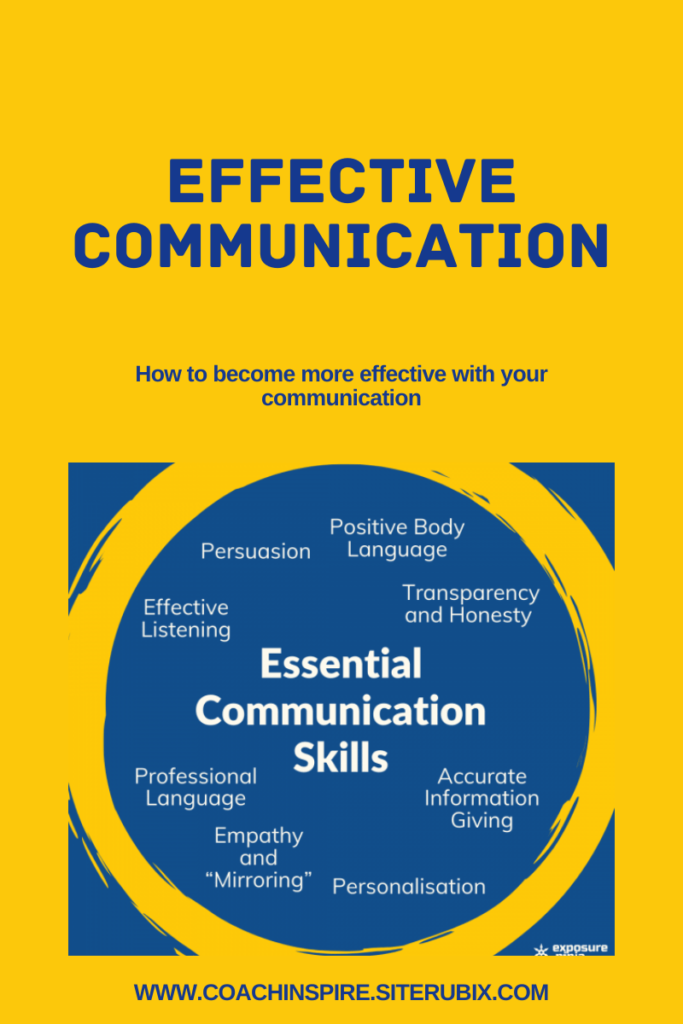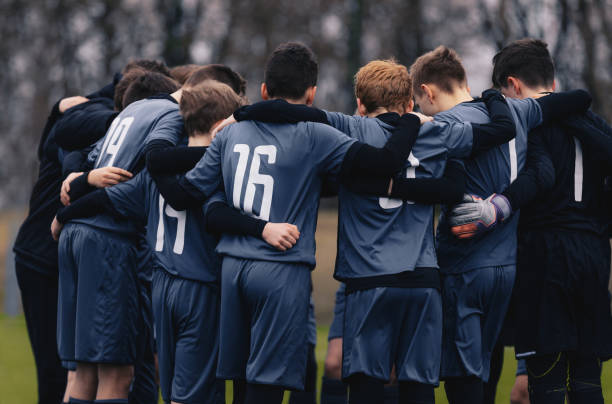Introduction
We all have to deal with conflict at some stage in our careers. As a football coach, one of your key responsibilities goes beyond developing your players’ skills on the field.
You also need to handle conflicts that may arise within your team. Conflict is a natural part of any group dynamic, but how you manage it can make a significant impact on team cohesion and performance.
In this article, we will explore the importance of conflict management for football coaches in the UK and provide you with valuable tips on resolving conflicts with your team.
Understanding Conflict Management

Conflict is often viewed negatively, but it can also present opportunities for growth and improvement. As a coach, it is crucial to adopt a proactive and constructive approach towards conflicts.
By doing so, you can create an environment where conflicts are addressed early, and resolutions are found that benefit both the individuals involved and the team as a whole.
Effective Communication

One of the cornerstones of conflict management is effective communication. Encourage open and honest dialogue among your players and create a safe space where they feel comfortable expressing their concerns.
Actively listen to their perspectives, and demonstrate empathy and understanding. By fostering a culture of open communication, you can nip potential conflicts in the bud and prevent them from escalating. Click Here to read my article on Effective Communication.
Address Conflicts Early
When conflicts arise, it is crucial to address them as soon as possible. Ignoring or avoiding conflicts only allows them to fester and intensify, which can have detrimental effects on team morale and performance.
As a coach, be proactive in identifying signs of conflict within your team and intervene before they escalate. Schedule private meetings with the individuals involved to discuss the issue and seek common ground for resolution.
Stay Neutral and Objective
As a coach, it is essential to remain neutral and objective when managing conflicts. Avoid taking sides or favouring one player over another.
Your role is to facilitate the resolution process and guide the team towards a mutually agreeable solution. By maintaining impartiality, you establish trust and credibility among your players, ensuring that conflicts are managed fairly and effectively.
Encourage Collaboration

Conflicts often arise due to differences in opinions or approaches. Instead of viewing these differences as obstacles, encourage your players to collaborate and find common ground.
Foster a team culture that values the diversity of thought and promotes constructive discussions. Encourage players to work together to develop solutions that satisfy everyone’s needs and goals.
By promoting collaboration, you empower your team to overcome conflicts and strengthen their bond. Click here to read my article on Relationship Building in Soccer.
Focus on Solutions, Not Blame
In the midst of a conflict, it is easy to get caught up in assigning blame. However, this approach rarely leads to a satisfactory resolution.
Instead, shift the focus towards finding solutions. Encourage your players to brainstorm ideas and explore different perspectives.
Emphasise the importance of working together towards a common goal rather than dwelling on past disagreements. By redirecting the energy towards problem-solving, you can effectively resolve conflicts and foster a positive team environment.
Mediation and Facilitation
In some cases, conflicts may require external intervention. As a coach, you can act as a mediator or facilitator to help facilitate the resolution process.
This may involve bringing in a neutral third party, such as an assistant coach or a team captain, to assist in resolving the conflict.
The mediator’s role is to guide the conversation, ensure everyone has an opportunity to speak, and help the individuals involved find a middle ground.
Mediation can be a powerful tool in resolving conflicts and rebuilding relationships within the team.
Learn from Conflict

Every conflict provides an opportunity for growth and learning. Encourage your players to reflect on the conflict and identify lessons that can be drawn from it.
By engaging in constructive self-reflection, players can develop a better understanding of themselves and others, improving their ability to navigate conflicts in the future.
As a coach, provide guidance and support throughout this process, emphasising the importance of continuous personal and team development.
Conclusion
Conflict management is a vital skill for football coaches in the UK. By adopting effective conflict management strategies, you can maintain team harmony, enhance communication, and promote a positive team culture.
Remember to prioritise open and honest communication, address conflicts early, remain neutral and objective, encourage collaboration, focus on solutions, consider mediation when necessary, and promote learning from conflicts.
By implementing these tips, you can create a supportive and inspiring environment for your team, allowing them to thrive both on and off the field.


